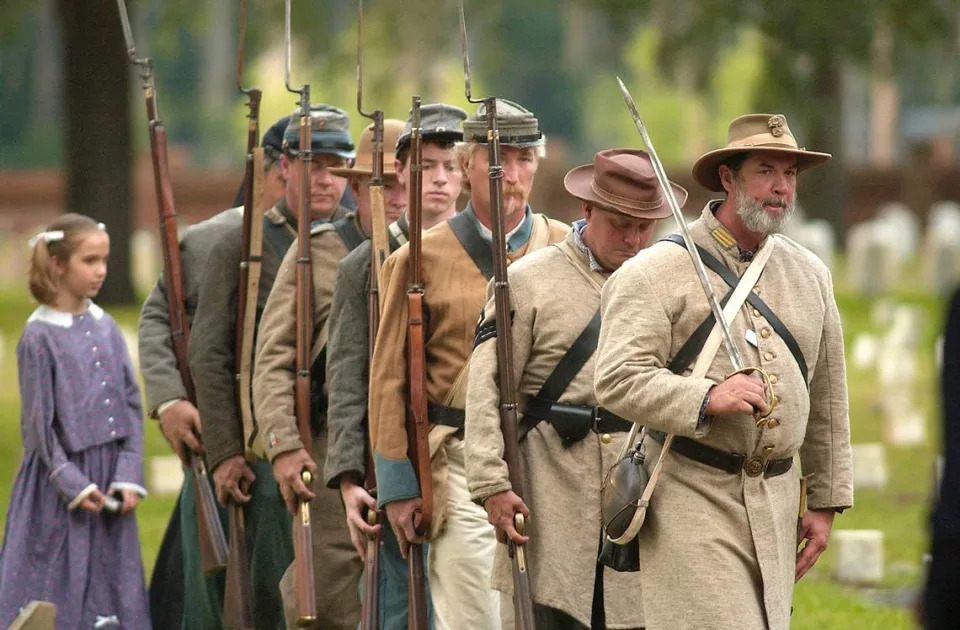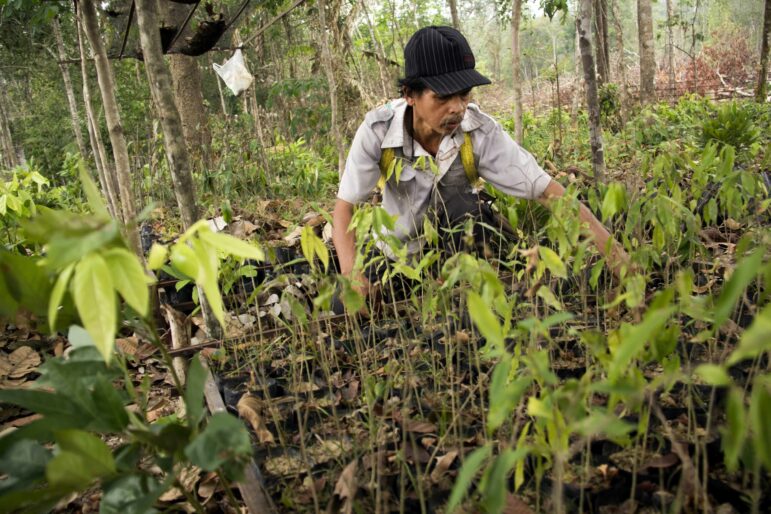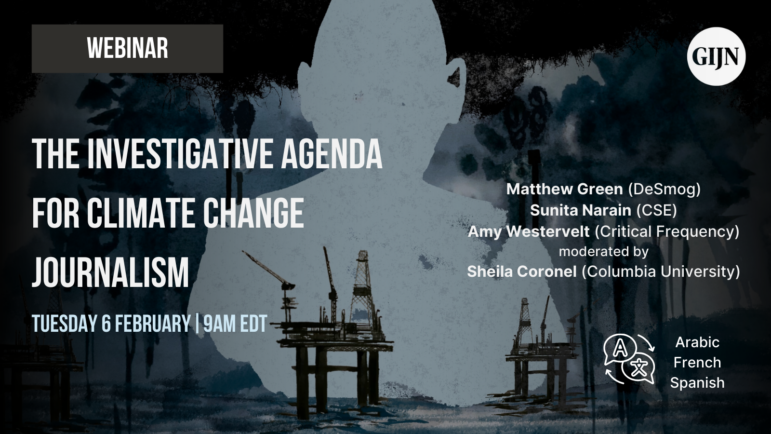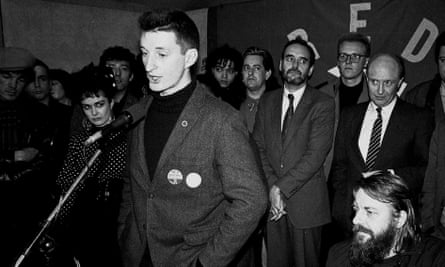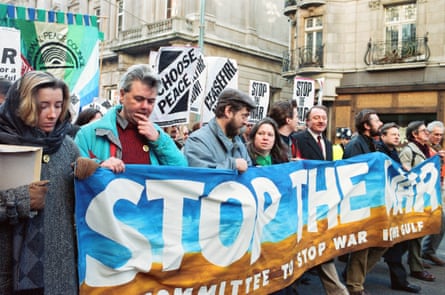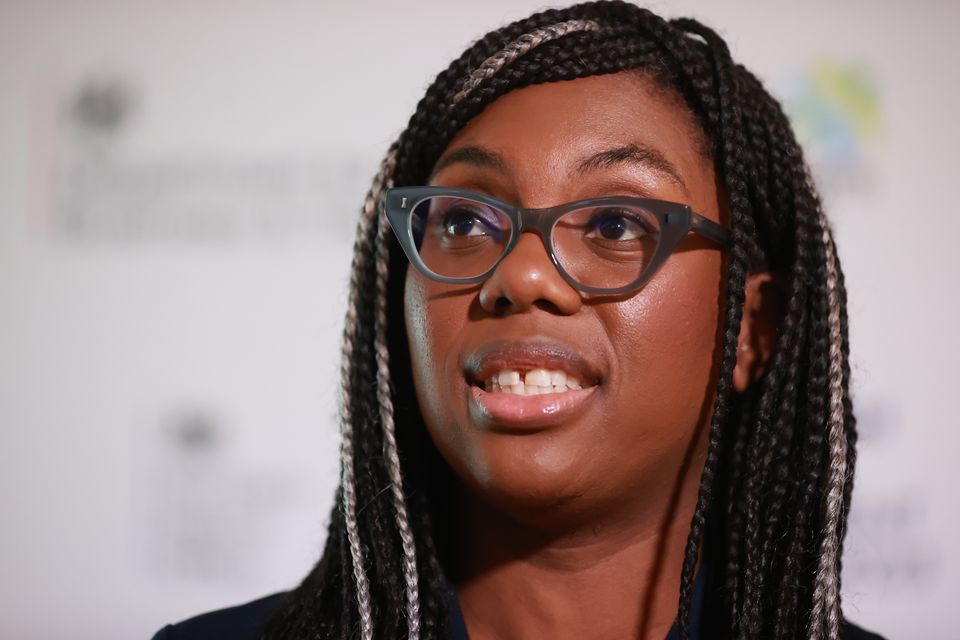
The FDA Union, which represents professionals and managers in public services, said Esther McVey is targeting a ‘convenient punch-bag’
Jabed Ahmed
Esther McVey announces ban on 'activist lanyards' in the civil service
Unions and charities have accused the government of “rattling off of a tick list of culture-war talking points” over its plans to axe equality, diversity and inclusion (EDI) jobs in the Civil Service.
Esther McVey, the government’s “common sense” minister, claimed public money was being wasted “on woke hobby horses”, in a speech at the Centre for Policy Studies on Monday morning. Ms Mcvey said there will be no more spending on external EDI contracts, such as those with LGBT+ charity Stonewall, without an explicit sign-off from a minister, and no more EDI-focused Whitehall jobs outside human resources.
However, the FDA Union, which represents professionals and managers in public services, hit back warning the changes could lead to more problems in the future.
Lucille Thirlby, Assistant General Secretary of the FDA union, said: “Yet again the government is attacking the equality, diversity and inclusion spend in the civil service. It’s become a convenient punch-bag for when it wants to demonstrate that it’s taking a tough stance, when in reality these changes could actually lead to more problems in the future.
“Public servants need to ensure that the services they provide reflect the needs of the public at large. How does this happen if you have reduced - or in some cases, no - specialist knowledge of how equality legislation operates?
“Equality outcomes matter, and employers need specialist knowledge as do organisations providing public services. Otherwise, the Government could find itself spending a lot more money defending employment tribunals for discrimination or judicial reviews on the lack of public service provision.”

Ms McVey claimed a “concerted effort” had been made by “politically-correct woke warriors” in public bodies, in her speech.
“These Left-wing, politically-correct woke warriors have made a concerted effort to get themselves into positions of influence within the public sector,” she said. “They did not stand for election on these views because if they had they would not have won.
“So instead some have got themselves in academia and the civil service, local government, charities and arms length bodies and we need to make a similarly concerted effort to ensure they cannot use their positions in these public bodies to hijack them to impose their own political ideology.”
In March, Women and Equalities minister Kemi Badenoch, commissioned a report which found that most of the money spent on EDI was wasted.
However, The Cabinet Office has not released the details of the audit which asked more than 100 government departments and Civil Service agencies how many staff work on EDI and the cost associated with the roles.
Ms McVey also announced a ban on rainbow and other “random lanyards” in the civil service.
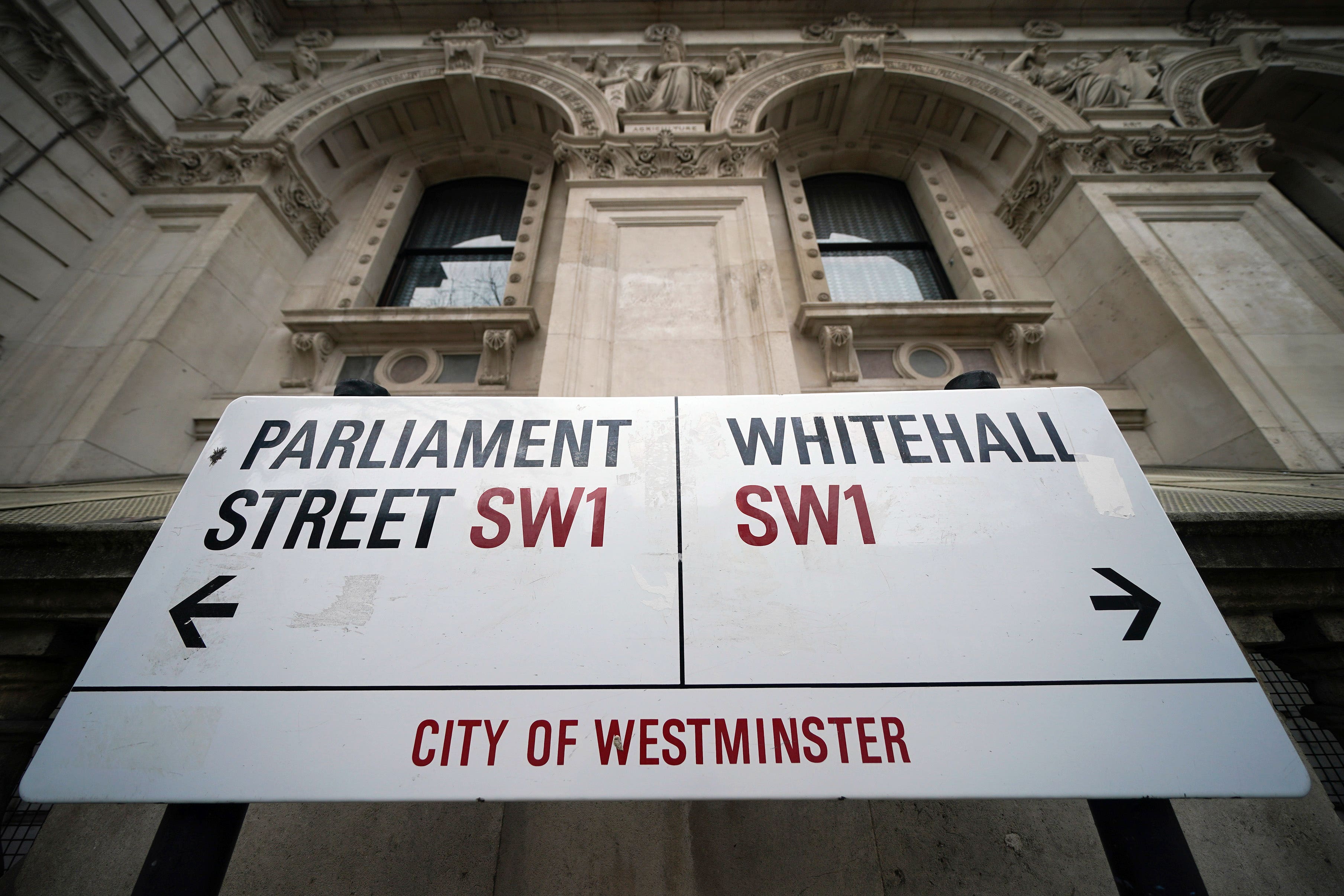
Lucille Thirlby told The Independent: “Nobody joins the civil service in order to ‘impose their own political ideology’. Civil servants understand they serve the government of the day and have been doing so for a Conservative-led government for the past 14 years.
“At a time when the country is facing serious challenges, should the colour of a civil servant’s lanyard really be a ministerial priority?
“Equality, diversity and inclusion is a serious topic worthy of serious consideration and debate. Unfortunately, we got nothing of the sort from Esther McVey, who instead rattled off of a tick list of culture-war talking points.”
Dr Shabna Begum, Interim CEO of the Runnymede Trust, a leading race equality think tank, described the announcement as “cynical” and “regressive”.
"This is the latest in the government's calculated public withdrawal of support and funding for EDI initiatives, a cynical move which panders to certain sections of Britain’s political elite, who seek to undermine progress towards racial and social justice as a distraction from the real issues facing the British public,” she told The Independent.
"EDI initiatives tend to focus primarily on changes at an individual and cultural level, without challenging the systems and structures which hold people of colour back. EDI initiatives have always been the bare minimum the government can do to tackle racism in society.
“The government’s refusal to uphold even this basic commitment demonstrates a clear lack of leadership promoting equity in the workplace, and broader human rights issues. We urge the government to revoke this regressive step and take genuine action to address structural injustices."
